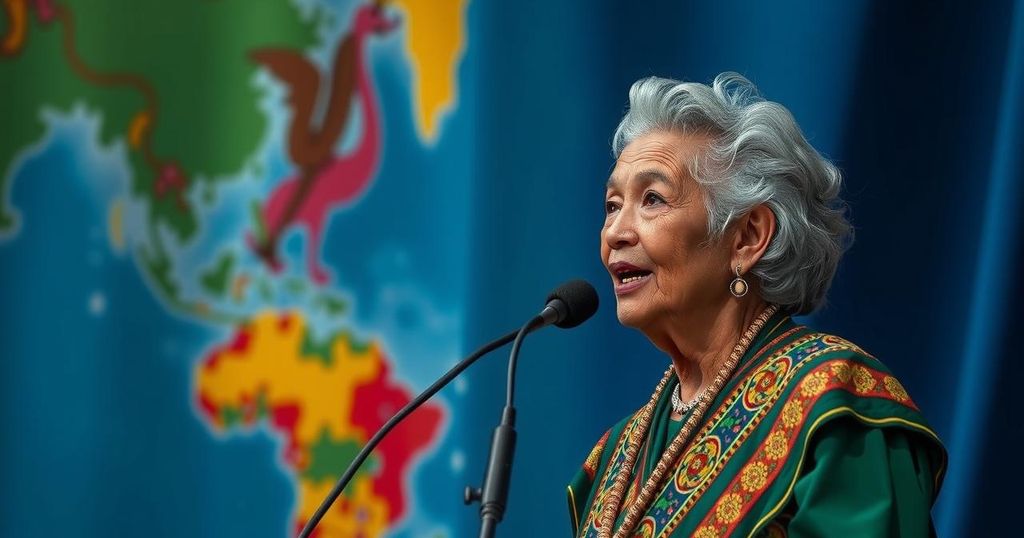President Lula Urges G20 to Accelerate Climate Goals and Commit to Action

Brazilian President Luiz Inácio da Silva urged G20 developed nations to bring forward their climate neutrality targets from 2050 to 2040 or 2045 during his address at the summit in Rio de Janeiro. He emphasized the responsibility of these nations given their historical emissions and called for more ambitious Nationally Determined Contributions (NDCs) aligned with limiting global temperature rise to 1.5ºC. Lula also highlighted Brazil’s strides in renewable energy and pledged to address deforestation effectively by 2030.
During a recent address at the G20 summit in Rio de Janeiro, Brazilian President Luiz Inácio da Silva called on developed countries to expedite their climate neutrality goals by ten years, revising their targets from 2050 to 2040 or 2045. Lula emphasized the necessity for collective action on climate issues, highlighting that developed nations, with their historical greenhouse gas emissions, bear a larger responsibility in fostering climate justice. He pointed out the urgency of addressing climate change, reminding participants of past international agreements that have yet to yield adequate results despite three decades of commitment since the original Rio Conference in 1992. The Brazilian president urged a commitment by G20 members to enhance their Nationally Determined Contributions (NDCs), ensuring alignment with the goal of limiting global warming to a maximum of 1.5 degrees Celsius. According to Lula, Brazil’s new comprehensive NDC reflects its broader sectors and gases, showcasing the nation’s advances in renewable energy — with a notable majority derived from sustainable sources. President Lula also highlighted the critical need to arrest deforestation, pledging to eradicate environmental crimes by 2030 while expressing gratitude for the G20’s support in crafting the Tropical Forests Forever Fund to incentivize conservation efforts. He affirmed that global action is imperative in managing climate change, stressing that funds promised under the Paris Agreement—the expected $100 billion annually—remain unmet, as billions are diverted toward militarization instead of environmental recovery. As preparations for COP30 in 2025 begin, Lula called it a critical juncture for concerted global efforts to avert irreversible climate damage, advocating for a structured Climate Change Council within the UN to unify fragmented climate action efforts.
The initiative for developed nations to reconsider their climate goals arose amid increasing global temperatures and environmental crises such as floods, droughts, and severe weather phenomena. The G20, comprising some of the world’s largest economies, has a significant stake in global emissions, accounting for around 80% of the greenhouse gases released worldwide. Therefore, Brazil’s leadership aims to catalyze a stronger commitment to climate action among the economically advanced nations, holding them accountable for their historical contributions to climate degradation. Brazil’s transition towards renewable energy and reduction in deforestation highlights its commitment to sustainable development, reinforcing its position at a time when the world desperately seeks a unified approach to tackle climate change.
In summary, President Lula’s appeal to developed nations to advance their climate neutrality targets underscores the urgent need for significant progress in global climate policy. His remarks at the G20 summit reflect the growing consensus that collaborative action, comprehensive NDCs, and accountability for past emissions are essential to address the climate crisis effectively. As Brazil prepares to host COP30, Lula’s vision for a coordinated international effort signifies a pivotal moment in reshaping the global commitment to environmental sustainability and climate justice.
Original Source: en.mercopress.com








